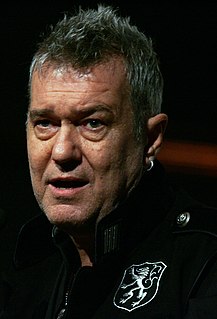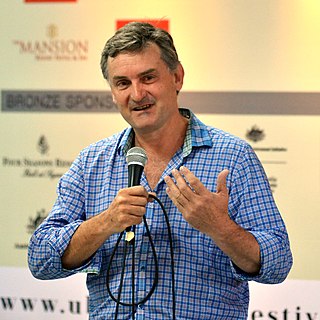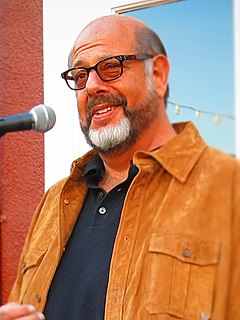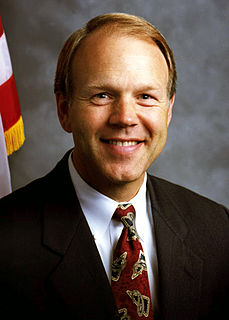A Quote by Alex Tizon
In the America that I grew up in, men of Asia placed last in the hierarchy of manhood. They were invisible in the high-testosterone arenas of politics, big business, and sports. On television and in the movies, they were worse than invisible. They were embarrassing. We were embarrassing.
Related Quotes
Television and movies were our biggest teachers. When we came to the United States, the Vietnam War was just ratcheting up. And so the Asian faces that I saw on the news, they were the face of the enemy. Asian men, particularly, were either small, ineffective, or they were evil. And those messages were deeply, deeply embedded in me for many years.
My family was in two businesses - they were in the textile business, and they were in the candy business. The conversations around the dinner table were all about the factory floor and how many machines were running and what was happening in the business. I grew up very engaged in manufacturing and as part of a family business.
In the 1970s, we got a Labor government that put more emphasis on trade with Asia; the Vietnam war ended, and refugees were coming in. We were more part of Asia than America and the rest of the world. There was the proximity, for a start - all these countries and cultures just north of us. It just made sense that that's what we were part of.
Australia is this former British colony at the foot of Asia. We've been involved - we've been in lockstep with America in every battle you have fought for a century. We were there in Vietnam. We were there in Korea. We were there in Iraq. We were there in Afghanistan. We are slightly apprehensive about the rise of China.
I was always around people who were in the business from the time I was an absolute baby. I grew up in New York City, and my parents, my sister, and I had a house on Fire Island, and they were part of a set of people that were all close and friendly, most of whom were involved in show business in one regard or another. So it was always familiar to me, and I kind of enjoyed it.
You could do much more in movies than you could on TV, and even movies were heavily censored. But in television, the areas of timorousness were fairly laid out. Race relations. Sex. Politics. There was a whole conglomeration of taboo themes. And even to date, though television has become a much freer medium, it's still far less free, far less creatively untrammeled than are the movies. They're infinitely more adult in that respect.


































